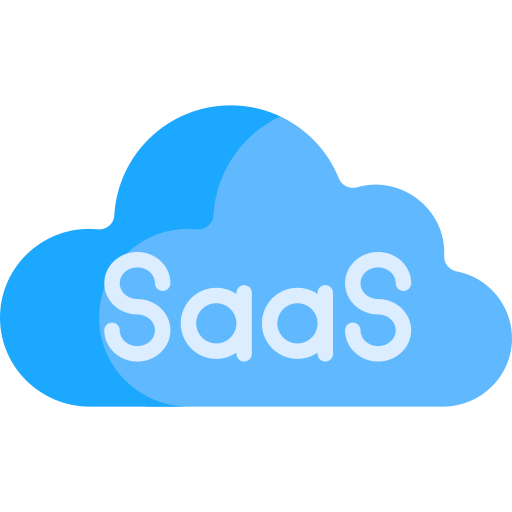In today's fast-paced digital world, businesses are constantly seeking ways to improve efficiency, reduce costs, and stay ahead of the competition. One solution that has gained immense popularity is Software as a Service (SaaS). SaaS platforms offer a wide range of benefits that can transform the way businesses operate. In this blog, we'll explore the key advantages of using SaaS platforms and how they can help your business thrive.
What is SaaS?
SaaS is a software distribution model where applications are hosted by a provider and made available to customers over the Internet. Instead of purchasing and installing software on individual computers, users can access SaaS applications from anywhere with an internet connection. This eliminates the need for businesses to invest in expensive hardware and IT infrastructure, making it an attractive option for organizations of all sizes.
Advantages of SaaS Platforms
1. Cost Savings:
One of the most significant advantages of SaaS is its cost-effectiveness. With SaaS, businesses can avoid the hefty upfront costs associated with traditional software purchases. Instead, they pay a subscription fee, which typically includes maintenance, updates, and support. This predictable pricing model makes it easier for businesses to budget and manage their software expenses.
2. Scalability and Flexibility:
SaaS platforms offer unparalleled scalability and flexibility. Businesses can easily scale their usage up or down based on their changing needs. Whether you're experiencing rapid growth or seasonal fluctuations, SaaS allows you to adjust your subscription accordingly. This eliminates the need to invest in additional hardware or software licenses, saving you time and money.
3. Accessibility and Mobility:
SaaS applications can be accessed from any device with an internet connection, making them incredibly accessible and mobile-friendly. Employees can work from anywhere, anytime, as long as they have an internet connection. This flexibility promotes productivity and collaboration, allowing teams to stay connected and work efficiently, regardless of their location.
4. Automatic Updates and Maintenance:
With SaaS, you don't have to worry about software updates or maintenance. The provider takes care of all these tasks, ensuring that you always have the latest version of the software with the newest features and security patches. This saves your IT team valuable time and resources, allowing them to focus on other critical tasks.
5. Easy Integration:
SaaS platforms often offer seamless integration with other business applications. This allows for smooth data flow and eliminates the need for manual data entry. By integrating various SaaS solutions, businesses can create a unified ecosystem that streamlines operations and enhances productivity.
6. Enhanced Security:
SaaS providers invest heavily in security measures to protect customer data. They employ advanced security protocols, encryption, and data backup systems to ensure that your information is safe and secure. In many cases, SaaS providers offer better security than businesses could implement on their own.
7. Faster Deployment:
SaaS applications can be deployed quickly and easily. Since the software is already hosted and configured, businesses can start using it in a matter of hours or days, rather than weeks or months. This rapid deployment allows businesses to realize the benefits of SaaS immediately.
8. Improved Collaboration:
SaaS platforms often come with built-in collaboration tools that facilitate teamwork and communication. These tools enable employees to share files, collaborate on projects, and communicate in real-time, regardless of their location. This promotes better teamwork and enhances overall productivity.
9. Focus on Core Business:
By outsourcing software management to a SaaS provider, businesses can free up their IT resources and focus on their core business activities. This allows them to allocate their resources more effectively and concentrate on strategic initiatives that drive growth and innovation.
10. Data Insights and Analytics:
Many SaaS platforms come with built-in analytics and reporting tools that provide valuable insights into business performance. These tools help businesses track key metrics, identify trends, and make data-driven decisions. By leveraging these insights, businesses can optimize their operations and improve their bottom line.
Conclusion
SaaS platforms offer a multitude of advantages that can transform the way businesses operate. From cost savings and scalability to accessibility and enhanced security, SaaS solutions provide a compelling alternative to traditional software models. By embracing SaaS, businesses can streamline their operations, improve collaboration, and focus on what they do best – driving growth and innovation. As the digital landscape continues to evolve, SaaS platforms will play an increasingly crucial role in helping businesses thrive in the modern world.


Comments (0)